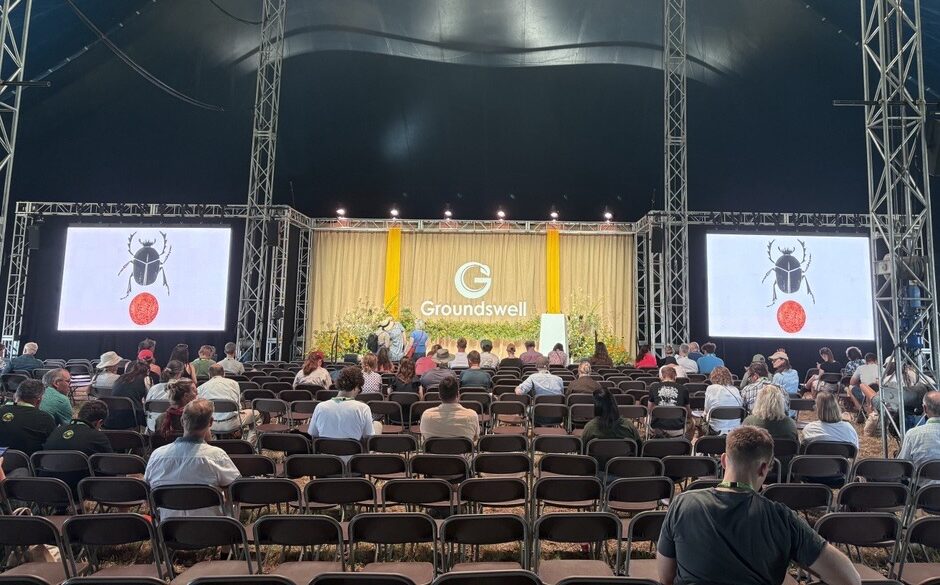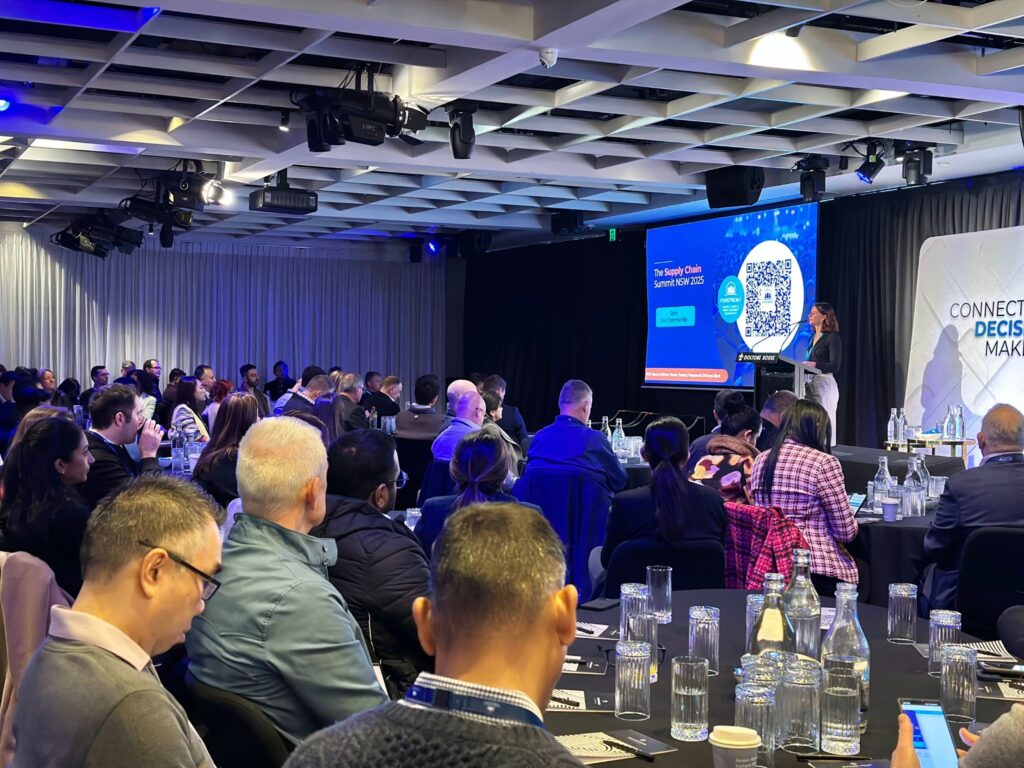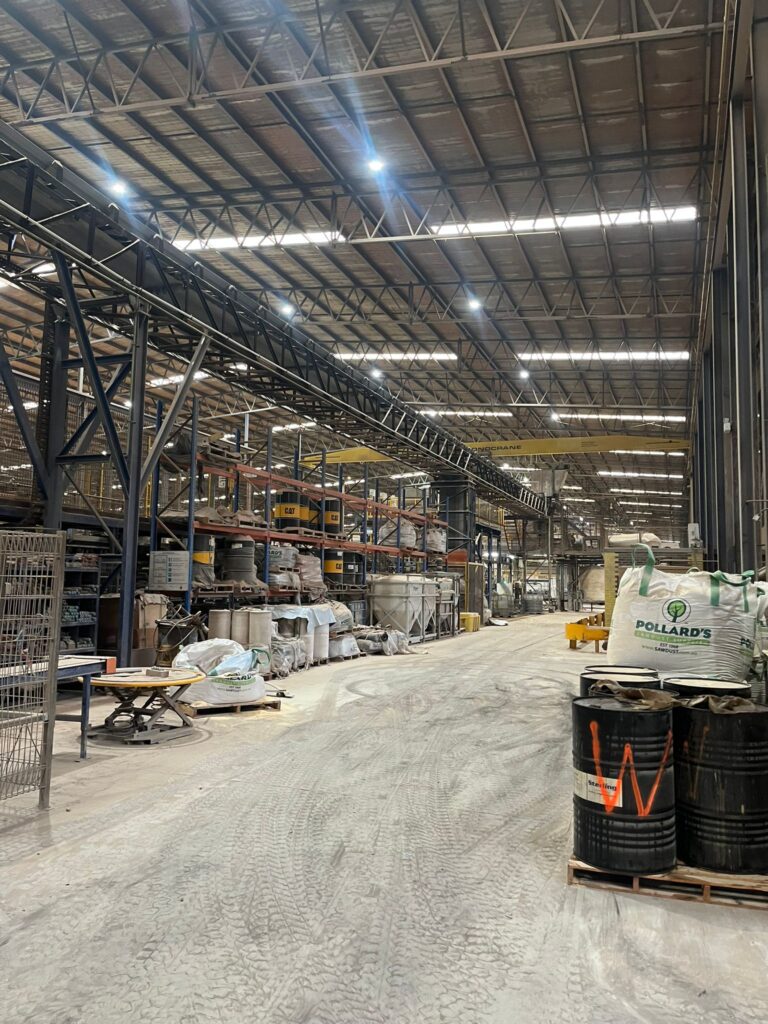In these challenging times it’s useful to refer back to the lessons of the past to help navigate the future. Charles Darwin, considered to be ‘the father of evolution’, proposed the theory that a species’ survival was dependent on that species having adapted favourable traits to thrive in their natural environment. This theory is sometimes referred to as survival of the fittest.
I’d argue this theory holds true in the business world too. In order to survive you have to adapt to your environment. Those that can adapt thrive and grow. Those that cannot perish, and are replaced by competitors more suited to the environment they find themselves in.
The ability to adapt in the business world, however, is not some random genetic mutation ability bestowed from the gods, but rather it is a competitive advantage: a set of practices and skills which better companies embed into their “DNA”.
The average lifespan of a Fortune 500 company has fallen by 80% in the last 80 years from 67 years to 15 years, similar statistics in the UK. Of those companies with over 100 years, there are some common characteristics:
- Stable purpose
- Servant leaders/stewardship
- Succession planning
- Embrace change and new ideas, open to sharing
- Continuous improvement in all things they do, learn from the best always
- Teamwork and change willingness through planned disruption
- Deeply embedded systems and processes to embody their “DNA”
If you have these attributes built into your company, then you should be able to adapt and survive.
At this point, it’s important to not confuse adaptation with agility. Adaptation is a response, adjusting your business and processes to meet your customer needs in a changing world. It’s strategic, systemic, and embedded into the way your business operates.
Agility is reactive, like a carpenter who usually uses a hammer and nails changing their tools for working on a different build that uses interlocking beams. It’s action-driven, and represents a solution to a problem, rather than a change in how the business works.
With this in mind, in order to be ready to adapt to your changing environment you must have systems and processes for:
- Codifying your knowledge content, to enable rapid redeployment and adjustment for rapid scaling
- Creating internal capability, systems and processes to solve problems at all levels of the organisation
- Creating empowered teams to make decisions
- Developing a system of accountability and responsibility throughout the organization that ensures the deployment of required adaptations
The world is changing, with climate change, Covid, technology and many other influences. The world of work has adapted, with working from home, adoption of new technology, new practices but to be ready for anything (or at least, as much as possible) we need to be able to trust that we have the systems and processes to enable the next adaptation, the one after, and the one after that.
Doing what you have always done won’t cut it. The competition can come from anywhere, and it will benefit from being ready and opportunistic. The competition won’t even necessarily come from your industry. Dairy companies are now beverage companies and vice versa!
We have to be willing to fail and learn, implement globally and scale quickly to stay ahead. Watching is not an option.
I remember working with a large multinational implementing six sigma in the 90’s. When I asked them why they were doing it, the response was it could be the next big thing and they could not afford to miss the boat. It’s better to fail and be on the boat than not be on board at all!
Can you afford not to be on board? Given our talent shortage, the need for training and redeployment can you afford not to have codified knowledge available? Have you got robust problem-solving systems and capabilities that drive resolutions to your issues and prepare you for the future?
Have you developed the delegated systems that drive real accountability? Are you sure that when key people leave their knowledge remains?
If you were a no for any of these questions, then there is no better time than now. As said historically by Rabbi Hillel the Elder and famously repeated by John F Kennedy, “if not us then who, and if not now then when?”







